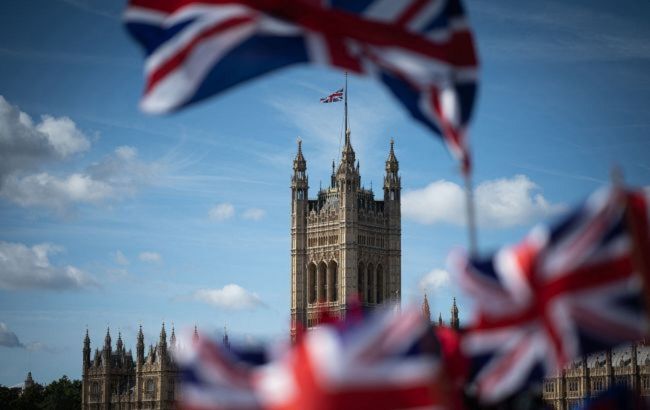UK to allow 16-year-olds to vote
 Photo: UK undergoes biggest electoral reform in 55 years (Getty Images)
Photo: UK undergoes biggest electoral reform in 55 years (Getty Images)
In the United Kingdom, teenagers aged 16 and 17 will be allowed to vote in all general elections. This marks the country’s most significant electoral reform since 1969, according to Sky News.
Teenagers will be able to take part in the next general elections, fulfilling a promise made by the Labour Party in its manifesto last summer.
Currently, 16- and 17-year-olds already have the right to vote in Senedd elections in Wales and Holyrood elections in Scotland. However, the new reform will allow them to vote in local, regional, and general elections across all four nations of the UK.
According to the think tank IPPR, the change will enfranchise up to 9.5 million new voters in general elections. The latest data shows that the total number of registered voters in the UK stands at 48,208,507.
The last time the voting age was lowered in the UK was in 1969, when it was reduced from 21 to 18.
The UK government stated that the change would "boost democratic engagement in a changing world, and help to restore trust in UK democracy."
"We are taking action to break down barriers to participation that will ensure more people have the opportunity to engage in UK democracy, supporting our Plan for Change, and delivering on our manifesto commitment to give 16-year-olds the right to vote," said Deputy Prime Minister Angela Rayner.
But it may not change outcome
A new YouGov poll conducted shortly after the announcement found that 57% of Britons believe 16- and 17-year-olds should not be allowed to vote, while just 32% support the idea. The survey included responses from 5,538 adults.
Anthony Wells, head of European political and social research at YouGov, noted that based on "raw numbers," 16- and 17-year-olds are unlikely to have a significant impact on election outcomes, as they make up only about 2.8% of the population aged 16 and above.
He added that if their turnout is similar to that of other young voters, they would form "substantially lower proportion of the actual electorate."
Wells also said this age group tends to favor the Labour Party and the Greens, and is less likely to vote for the Conservatives, though these preferences could shift if Labour’s approval ratings drop ahead of the next election.
Elections in UK
In July 2024, the UK held a snap general election in which the Conservatives lost power and Labour secured a majority.
In May 2025, local elections were held. The right-wing populist Reform UK party, led by Brexit figurehead Nigel Farage, outperformed Labour in some areas, including those represented by Prime Minister Keir Starmer.


